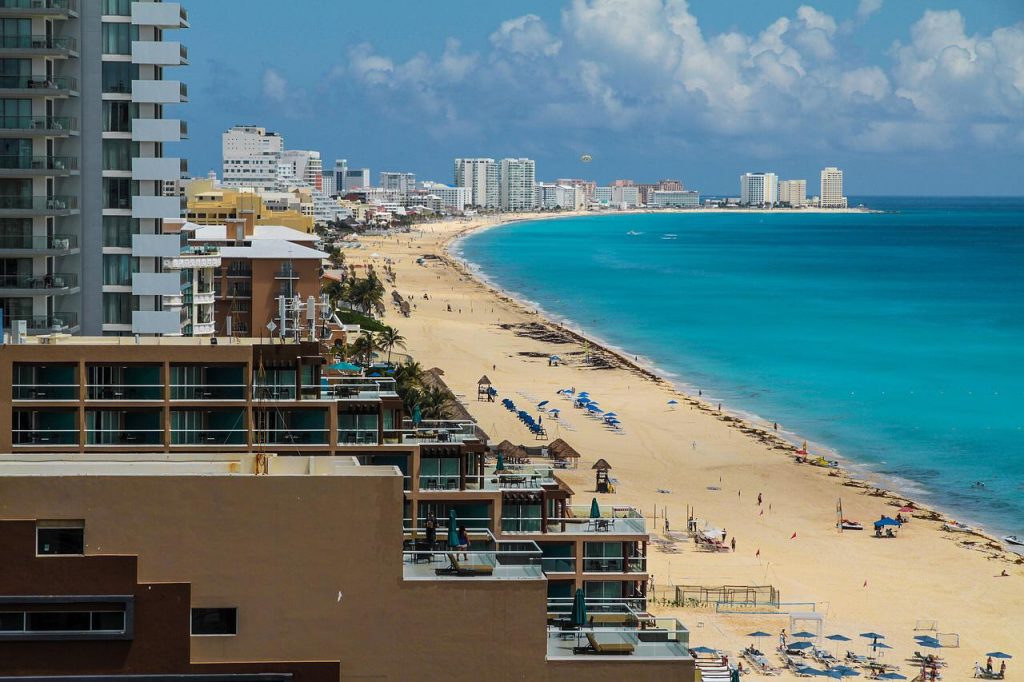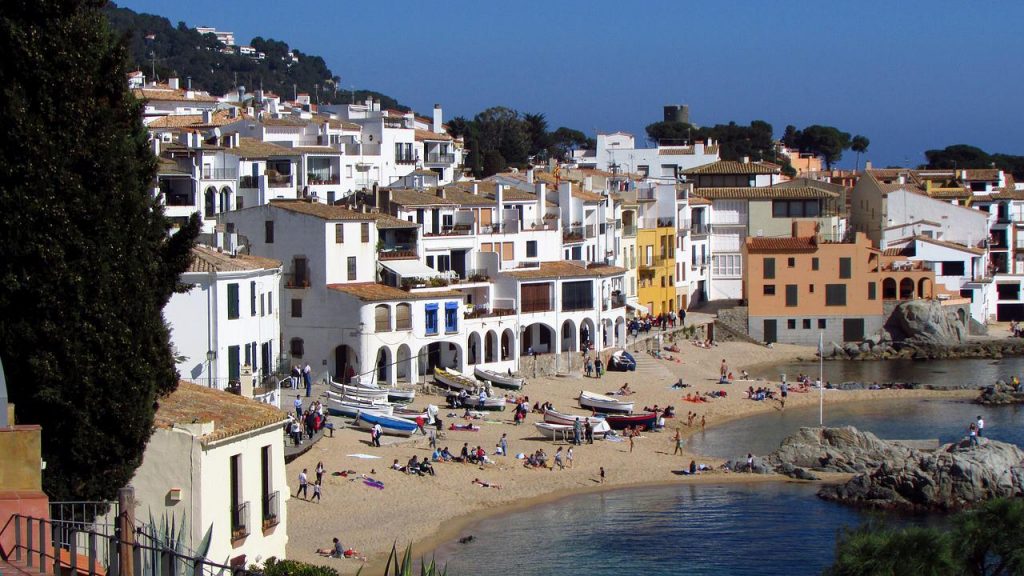Jaime Reinoso Tellaeche
The issue of the use of public domain land for private uses has become, over the years and thanks toseveral regulatory changes, one of the most debated and controversial issues in Spanish land use planning. The ultimate goal is to reconcile the individual rights of citizens and businesses with the overall interest of society, something not always easy to achieve.
In 1988, the Costs Act / 1988(LC/1988)was approved. Itdetaermine a maximum term for concessions of 30 years and prohibits its extension against the Law or its Regulations.
The Regulation / 1989 declared the incompatibility of the occupation of the public domain with the maintenance of concessions for perpetuity, for an indefinite period, without an unlimited term or for a term exceeding 30 years, beginning to count from the entry into force of the Law, in no case having exceeded 99 years, which is the maximum term. Specifically in these cases, the current concessions shall be deemed granted for a maximum period of 30 years from the entry into force of the LC / 1988.

July 29, 2018 was the day on which the concessions prior to the LC / 1988 expired, in other words, the period available for the houses to remain standing. Initially, the Law provided for a massive demolition, but the Partido Popular amended the Law in 2013, establishing a new maximum term for concessions of 75 years, also allowing the extension of the previous ones under certain conditions.
After the study carried out by the Supreme Court, from its doctrine it turns out that the concessions granted prior to the 2013 Law, its maximum term can go from 30 years to 75 years, meaning that after the 30 years from the LC / 1988, which had to be extinguished, they can extend the remaining time (45 years more) until the new deadline is met, modulable according to the concession’s uses.
To be entitled to this extension of the deadline, those affected had to send a request that would later be studied in each case. The Ministry of Ecological Transition received an avalanche of applications and said that under no circumstances would all be granted, the homes affected by the rise of the sea and storms would not see their permit extended,The criterion they decided to follow in the Ministry was to create a guide that It would classify all the requests based on certain aspects, such as the erosion of the beach.
In August 2018, the Secretary of State for the Environment of the Government of Spain stated that: “in order to avoid arbitrary procedures for those interested, our idea is to develop an impact protocol that will serve as a guide to evaluate all concessions. a classification for those with a high, medium or low level of affectation. And from that analysis,decide which concessions are likely to opt for an extension, in whichones conditions will have to be evaluated and those in which for a clear physical determination the decision more reasonable is not to authorize the extension “(El Confidencial ’08/18/2018).
The concession holders were recommended to make the extension request with sufficient time, since in the six months prior to expiration, the Administration would decide on the final whereabouts of said facilities. Among others, the ideas of demolition and removal of residues were contemplated, prior to the delivery of the plot; in addition, if in the first three months nothing else was said, it was assumed that he opted for the demolition and allowed to demand from the concessionaire a deposit to respond to the expenses incurred.

Sources indicated that the number of those affected was, in practice, greater than the number of concessions since in some cases they were collective. The number amounted to 40,000 occupations in the public domain at the time that the reform of the Law was approved. Around 500 dealers did not submit the application, therefore it was understood that they renounced the concession and the Central Government incorporated its assets into the public domain to be able to do with them what they considered.
The Central Government decided to recover public space in a unique way. Instead of making the expropriation in due course, he granted 30 more years of its use without paying the fee previously established, causing this to serve as payment. In 1991, the Constitutional Court accepted this peculiar form of expropriation.
The 2014 Costs Regulation stated that the request for the extension in the last six months prior to expiration would be calculated from the date of termination of the title and would be granted in all cases provided that it is not incurred due to expiration or prohibition of hiring The concession uses would be reduced by twenty percent for facilities located on the seafront and allowed the extension of the extension periods for each use. Lastly, he related the documents required for processing the extension and regulated his fee.
Although the reform of the Coastal Law was intended to keep houses on the beach, the ministry decided in December 2016 to approve a “Climate Change Adaptation Strategy of the Spanish Coast”, which was more restrictive than the norm.
The question of the maximum duration conferred on a concession is controversial, since there is an opinion that you can never go beyond the maximum established at the initial time by current legislation.
In conclusion, the future of maritime-land public domain concessions is uncertain. In the coming years it is foreseeable that there will be several disputes that should create a jurisprudence capable of shedding light on the matter. Meanwhile, the controversy is served.
My opinion is that positioning yourself is not easy. On the one hand, there is the necessary consideration for the conservation of our Natural Heritage. And also to maintain in the field of public enjoyment many areas of special landscape and tourist attraction. But on the other hand, Spain must be a rule of law that provides the necessary legal certainty to individuals and companies. This is essential for our economic development.
Personally, I believe that the continuous changes in the legislation that regulates something as sensitive as the use, even if temporary, of public land is not acceptable. Individuals and companies must have certainty about whether in the future they can continue to enjoy concessions. It is necessary because it conditions the investments that will be made. Or in the worst case to recover the investments already made.
In the end, the only solution is probably to examine case by case with the greatest possible objectivity. And in case of doubt, if the system has not been clear enough, I believe that the weakest part of the dispute that is the individual or company that had the concession should always be protected.
